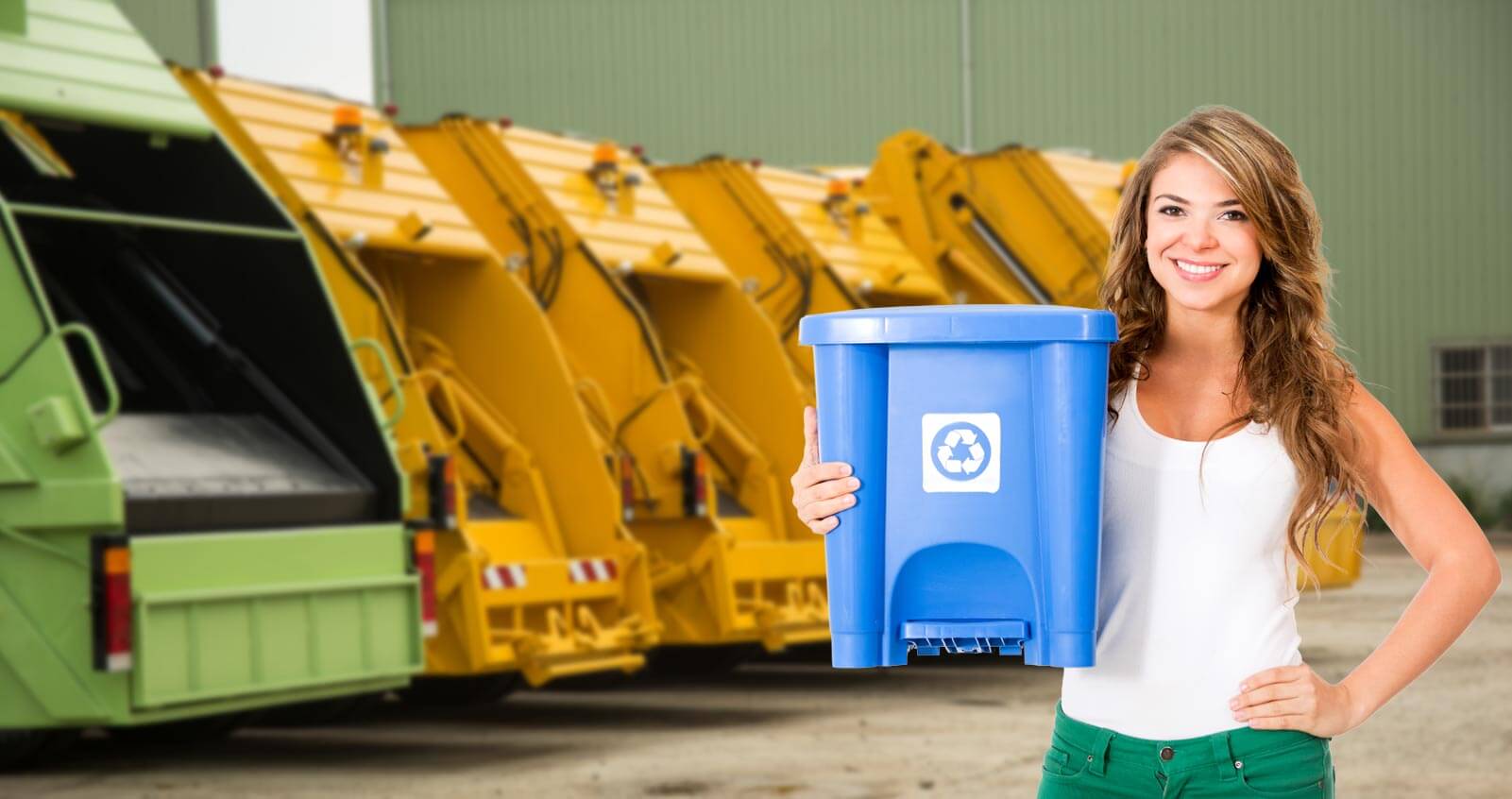Effortless Recycling Tips
Posted on 23/09/2025
Recycling is an essential practice for maintaining a sustainable environment. It helps reduce waste, conserve natural resources, and lower pollution. However, many people find recycling to be a cumbersome task. This article will provide effortless recycling tips to help you incorporate recycling into your daily routine with minimal hassle.
1. Know What Can and Cannot Be Recycled
Understanding what materials are recyclable and which are not is the first step to effortless recycling. Items such as paper, cardboard, certain plastics, glass, and metals are commonly recyclable. On the other hand, items like plastic bags, Styrofoam, and certain food-contaminated materials are often non-recyclable. Check your local recycling guidelines for a detailed list.

2. Set Up a Home Recycling Station
Setting up a dedicated recycling station at home can make the process more accessible. Use clearly labeled bins for different materials, like paper, plastic, and glass. Place the bins in convenient locations such as the kitchen or garage to remind everyone to recycle.
3. Clean and Prepare Your Recyclables
One common mistake people make is not thoroughly cleaning their recyclables. Contaminated items can ruin an entire batch of recycling. Rinse out food containers, remove labels from bottles, and flatten cardboard boxes. A few extra seconds of effort can make a significant difference.
4. Use Reusable Shopping Bags
Reducing the amount of waste you generate is a key aspect of recycling. One simple step is to use reusable shopping bags instead of plastic ones. This practice not only cuts down on plastic waste but also reduces the demand for non-recyclable materials.
5. Support Products Made from Recycled Materials
Buy products that are made from recycled materials whenever possible. This creates a market for recycled goods, encouraging manufacturers to use recycled materials. Look for items like recycled paper, eco-friendly packaging, and sustainably sourced products.
6. Educate Yourself and Others
Stay informed about recycling practices and share your knowledge with family and friends. Encouraging others to recycle correctly can have a multiplying effect. Attend community workshops or read up on resources provided by local recycling programs.
7. Use Technology to Your Advantage
There are several apps and online tools designed to make recycling easier. These tools can help you find recycling centers, correctly sort your materials, and even schedule pickup services. Utilize these resources to streamline your recycling efforts.
8. Participate in Community Recycling Programs
Get involved in local recycling initiatives. Many communities offer programs like curbside pickup, electronics recycling events, and hazardous waste disposal days. Participating in these programs can make recycling more convenient and comprehensive.
Pros and Cons of Recycling
Pros:
- Reduces waste and landfill use
- Conserves natural resources
- Decreases pollution and greenhouse gases
- Promotes sustainable manufacturing practices
- Creates jobs and stimulates the economy
Cons:
- Can be time-consuming and inconvenient
- Not all materials are recyclable
- Recycling facilities may be limited in some areas
- Recycling processes can generate pollution
Tips for Effective Recycling
- Stay updated on local recycling regulations
- Always clean and dry your recyclables
- Break down large cardboard boxes
- Remove caps and lids from bottles
- Avoid recycling items with food contamination
- Invest in high-quality reusable products

Key Takeaways
- Knowing what can and cannot be recycled is crucial.
- A home recycling station can simplify the process.
- Cleaning recyclables ensures they are processed correctly.
- Reducing waste creation is as important as recycling.
- Supporting recycled products helps close the recycling loop.
- Education and community involvement amplify your impact.
- Technological tools can aid in efficient recycling.
Conclusion
Recycling doesn't have to be a daunting task. By implementing these effortless recycling tips, you can make a positive impact on the environment with minimal effort. Remember that every small step counts. Stay informed, prepare your recyclables, and encourage others to do the same. Together, we can contribute to a healthier planet for future generations.




